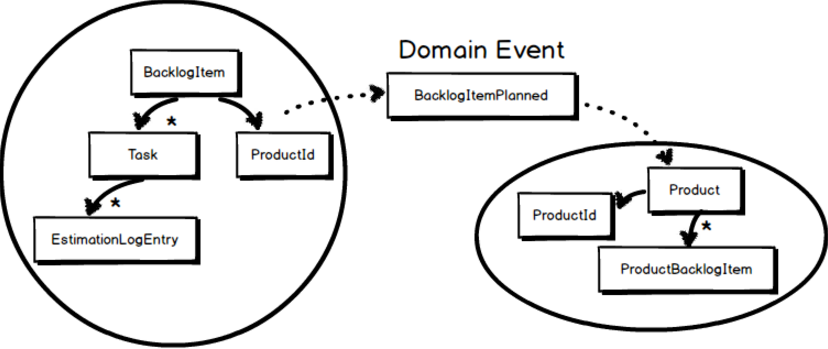Quoting from Vaughn Vernon:
When two or more Aggregates have at least some dependencies on updates, use eventual consistency.
He further goes on to suggest that one could make use of Domain Events to publish actions to the other Aggregate Roots that need to be updated.
Then he goes on to a suggestion to use BASE/Eventual Consistency, which I know as ACIDs weird-cousin.
Here's my problem. Eventual Consistency is not something you just say "oh yeah let me just go on and use a BASE consistency model here real quick".
Compared to transactional-consistency, eventual-consistency is an exotic consistency model with esoteric theoretical caveats, some of them active research subjects; it requires significant exposure to both it's theoretical concepts and practical limitations to avoid foot-gunning yourself - a run-of-the-mill engineer is unlikely to have adequate experience with it or possibly even having heard of it. By definition, it's harder to reason about it, since it lacks the consistency-guarantee of ACID.
My point being is that choosing it as a consistency model is going to have repercussions that reach through the entire system and I can't reasonably take such a fundamental architectural decision without knowing exactly what the trade-off is that is being implied here.
What's Vernon suggesting in that paper? What is it exactly that makes updating multiple Aggregate Roots in one request/transaction such a bad practice, that giving up the ACID-guarantees is justified?

